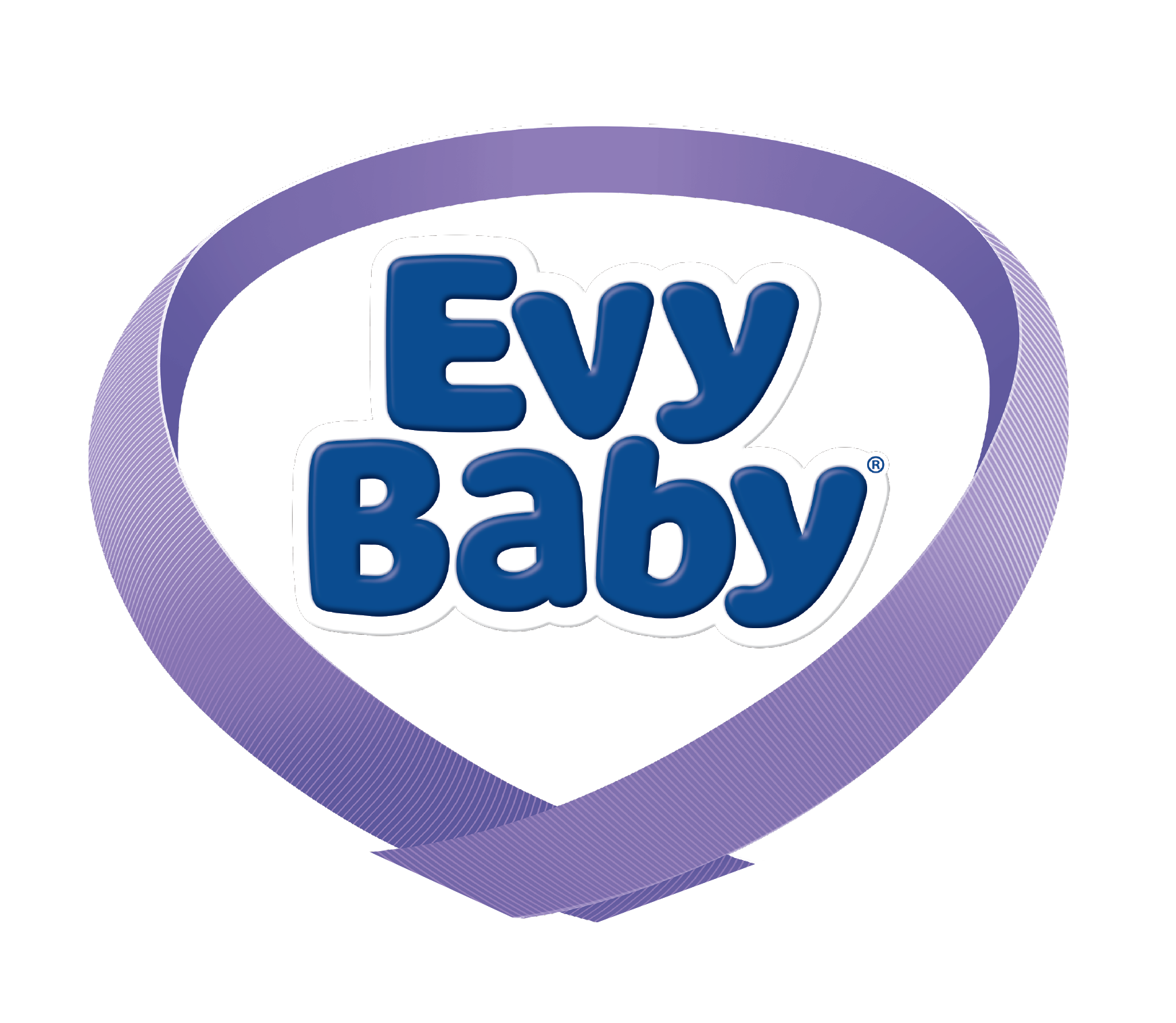

Your baby is growing day by day. Every day, his or her development accelerates a little bit more, such as the appearance of tiny white teeth in his/her mouth.
After getting over the initial stages of the teething period, which is a troubled period for every baby and their parents, your attention must turn to dental hygiene. So, are you sure you know when you should begin cleaning your baby's teeth and how? This week on Mom’s Land, we will give you some tips about cleaning your baby’s teeth.

According to the experts, teeth cleaning in infants should be started in the six months after the teeth start to appear. This is because babies who start bottle-feeding after growing milk teeth switch to a different and more varied diet by taking some solid and liquid foods. As some foods containing acid and sugar may damage milk teeth and cause tooth decay, starting to clean your baby’s teeth at this time will help to eliminate any potential risks to dental health in your baby.
You need to pay particular attention to cleaning your baby's teeth after breakfast and before bedtime. Your baby's teeth should be initially be cleaned by simply wiping them with a wet, clean cloth. After a certain time, consulting with your doctor, a very soft textured toothbrush can be used.
One of the main ways you can protect your baby’s teeth is to prevent him/her from sleeping with a bottle in his/her mouth. This is because after feeding, acid and sugar accumulated at the top of the bottle can damage the baby's teeth. In addition, if your baby is old enough to drink water (usually over six months), it is important to provide water after meals.
In babies whose dental cleaning is not adequate or regular, the risk of losing milk teeth is very high. Children who lose their milk teeth due to poor dental hygiene may not have healthy adult teeth. This causes many problems in terms of aesthetics anddental health.
To help maintain your baby’s dental hygiene, never give him/her a dummy dipped in sweet foods. This can have an adverse effect on a baby's dental health, because sugar or sweeteners in these foods reacts with a baby's teeth and increase the risk of tooth decay. Instead, it is advisable to give him/her natural foods like apple and carrot, which can help with teeth cleaning.
Some babies’ habits can also affect dental health and cleanliness. For example, finger or thumb-sucking, which is common in infants, leads to a deepening of the palate and causes gaps between the teeth. In this context, preventing finger or thumb-sucking is extremely important.
From the age of two to three years old, your child can begin using toothpaste. But only use toothpaste specially produced for children, with an appropriate amount of fluoride to prevent harm should he/she swallow any toothpaste while brushing the teeth. The amount of toothpaste used is also important: a pea-sized amount on the toothbrush is enough for cleaning your child's teeth.